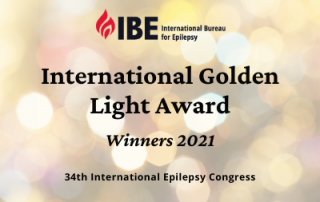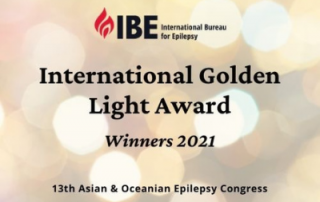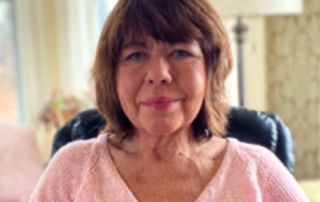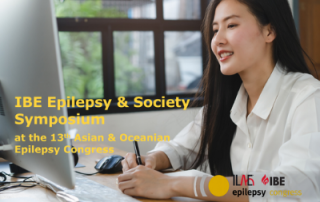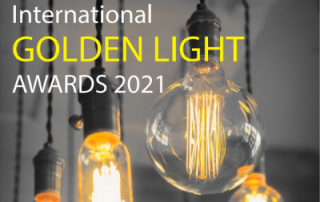Employment Opportunity at IBE
Due to the retirement of its Executive Director in December 2021, IBE invites applications from suitably qualified candidates to be considered for the position of incoming Executive Director. The role involves the provision of overall guidance and support to the leadership of IBE and the provision of direction and management of all aspects of administration, growth and development of IBE, with specific responsibility for implementing the IBE strategic plan and policies. Candidates will be required to have a university level qualification, a minimum of eight years’ experience in a similar role in an international organisation, and be fluent in both written and spoken English. Knowledge of a second widely-spoken language would be an advantage. Salary will be commiserate with qualification and experience. Interested candidates are asked to submit their CV before a deadline of 30th August 2021. A short-list of candidates will then be invited for interview. IBE is an equal opportunities employer. Submit your application here



